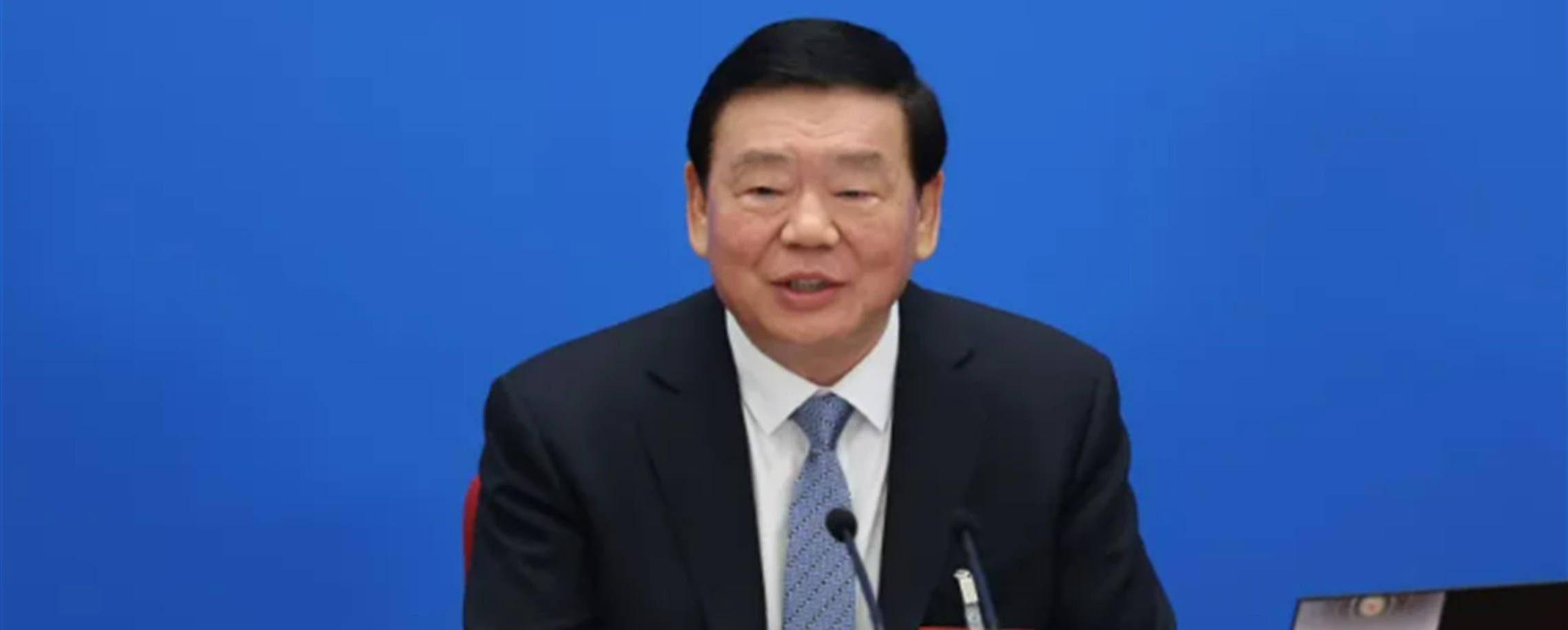Daily Buzz: 14 July 2025
Top News
Shanghai to host global AI conference
Nobel laureates, prominent scientists and leading technology companies like Alibaba, Huawei and Siemens will all converge on Shanghai next weekend for the 2025 World Artificial Intelligence Conference. The event is expected to attract 1,200 participants from around the world and 800 exhibitors displaying cutting edge technologies in AI. The conference will be held on July 26-28.
Australian prime minister visits China
The prime minister of Australia, a country that walks a tightrope between China, its biggest export market, and the US, its biggest military ally, began a six-day official visit to China. Anthony Albanese said the visit will focus on strengthening trade and tourism ties. In a short video filmed on Shanghai's Bund, he said "engaging with China is in our interest to build a stable and secure region." More than 655,800 people born in China live in Australia, where Mandarin is the second-most spoken language.
Israeli 'technical error' kills 10 in Gaza
Ten people, including six children, were killed and 16 injured in an Israeli air strike while waiting to fill water containers from a tanker in a refugee camp in central Gaza on Sunday, emergency officials said. The Israeli military called it a "technical error" that happened while it was targeting a "terrorist." The attack came just days after an Israeli air strike killed 15 civilians, including women and children, who were waiting for treatment outside a US-based nonprofit Hope Project health clinic. Eight rounds of indirect talks between Hamas and Israel on a proposed 60-day ceasefire didn't produce the truce that US President Donald Trump said would come last week.
Buckle up!
A Chinese-built, driverless maglev train that can reach speeds of 600 kilometers an hour or more, comparable with a jetliner, was showcased at the 17th Modern Railways exhibition in Beijing, giving a glimpse of a future that could slash rail travel between Shanghai and Beijing to just 2½ hours from 5½ hours. The prototype fastest train in the world, still under testing, is being developed by China Railway Rolling Stock Corp.
Top Business
Shanghai holds discussion on stablecoins
The Shanghai branch of the State-Owned Assets Supervision and Administration Commission held a meeting with local officials to discuss how stablecoins and blockchain technology may have a part to play in cross-border trading. He Qing, director of the city regulator, cited the need for more sensitivity toward emerging technologies like digital currencies, backed by proper research. Stablecoins, a form of digital money pegged to fiat currencies, are gaining momentum in global trade because they provide faster and cheaper transactions. Hong Kong is embarking on a new program to license stablecoin traders.
No race to the bottom
Prices of key resource commodities such as polysilicon, coking coal and iron ore have climbed steadily in recent days amid expectations that government intervention will curb destructive price wars and industrial overcapacity, resulting in a more orderly, quality-driven economy. The Central Financial and Economic Affairs Commission this month called for stronger governance over disorderly market behavior. Price wars have broken out in sectors such as solar panels, automobiles and fast-food delivery services, feeding concerns about deflation. Seen as a deepening of supply-side reforms, the stepped-up efforts to tackle problems have been dubbed an "anti-involution" -- a reference to untangling intense competition that yields little meaningful progress.
University receives advanced marine-research vessel
China's first "intelligent" oceanographic research vessel, the Tong Ji, was delivered in Shanghai on Sunday, China Central Television reported. The marine vessel was built by CSSC Huangpu Wenchong Shipbuilding Co for Tongji University in the city. The 2,000-ton ship integrates research in ocean geology, chemistry and biology, with a range of 8,000 nautical miles. It can carry 15 crew and 30 scientists.
Economy & Markets
New STAR tier rules
The Shanghai Stock Exchange on Sunday released detailed regulatory guidelines for a "growth tier" in its tech-focused STAR Market. The new rules clarify criteria for inclusion and removal of listed companies, disclosure obligations and investor suitability requirements. The regulations don't change the recently resumption of relaxed criteria for listing of unprofitable but promising technology firms, but it puts them and 32 already listed companies in that category into a special tier of support and oversight until they show their first profit. Regulatory scrutiny will intensify around insider trading and unusual market activity. The rules also mandate stronger risk disclosure, particularly around losses and research and development spending.
US expands tariff warnings, duties prove a big money-spinner
The EU and Mexico face US import tariffs of 30 percent if they don't sign trade deals by August 1, President Donald Trump warned in his latest batch of letters to trading partners. They join 23 other countries on Trump's target list.
Trump may have little incentive to abandon use of tariffs as weapons. The duties are proving a lucrative source of revenue. The Treasury Department said gross tariff collections in June quadrupled to a record US$27.2 billion, creating a monthly budget surplus. Treasury Secretary Scott Bessent said tariff revenue could reach US$300 billion by the end of the year. In four months, tariffs as a share of federal revenue more than doubled to 5 percent.
Corporate
Aiko Solar predicts second-quarter profit
Shanghai-based Aiko Solar Energy, citing preliminary estimates, said it expects to return to profit in the second quarter, though not enough to thwart an expected loss for the first half of at least 170 million yuan (US$23.7 million). A profit for the second quarter would make Aiko the first solar cell maker to show a positive bottom line amid an ongoing slump in the industry caused by oversupply and plummeting prices. Aiko reported a loss of 300 million yuan in the first quarter. The company credited the recent turnaround to rising global sales.
Hang Lung to lease department store for luxury retail
Hong Kong-based Hang Lung Properties said it signed an agreement to rent a department store building in downtown Hangzhou to expand its footprint in the mainland's luxury retail market. The 20-year deal signed with owner Baidai Group carries an initial quarterly rent of 37.5 million yuan (US$5.2 million), with 4.5 percent incremental rises very three years. However, Baidai agreed to waive three months of rent for each of the first three years.
Automaker Seres forecasts profit surge
Electric carmaker Seres Group, an automaking partner of Huawei Technologies, said it expects to deliver at least a 66 percent surge in first-half profit to 2.7 billion (US$370 million), following launches of new models and an increase in sales of luxury cars. Despite a drop of 16 percent in overall car sales, the company said sales of its high-margin Aito M9 rose 6.3 percent. In March, Seres joined Avatr Technology, the electric car brand of Changan Automobile, in acquiring a 10 percent stake in Huawei unit Yinwang Intelligent Technology.
Moonshot AI embraces open sourcing
Moonshot AI becomes the latest Chinese artificial intelligence firm to join the trend of open-sourcing its technology, making two versions of its Kimi K2 available on its website and mobile apps. The Beijing-based startup said Kimi K2 excels at advanced math, coding and general agent computing.
In Case You Missed It...


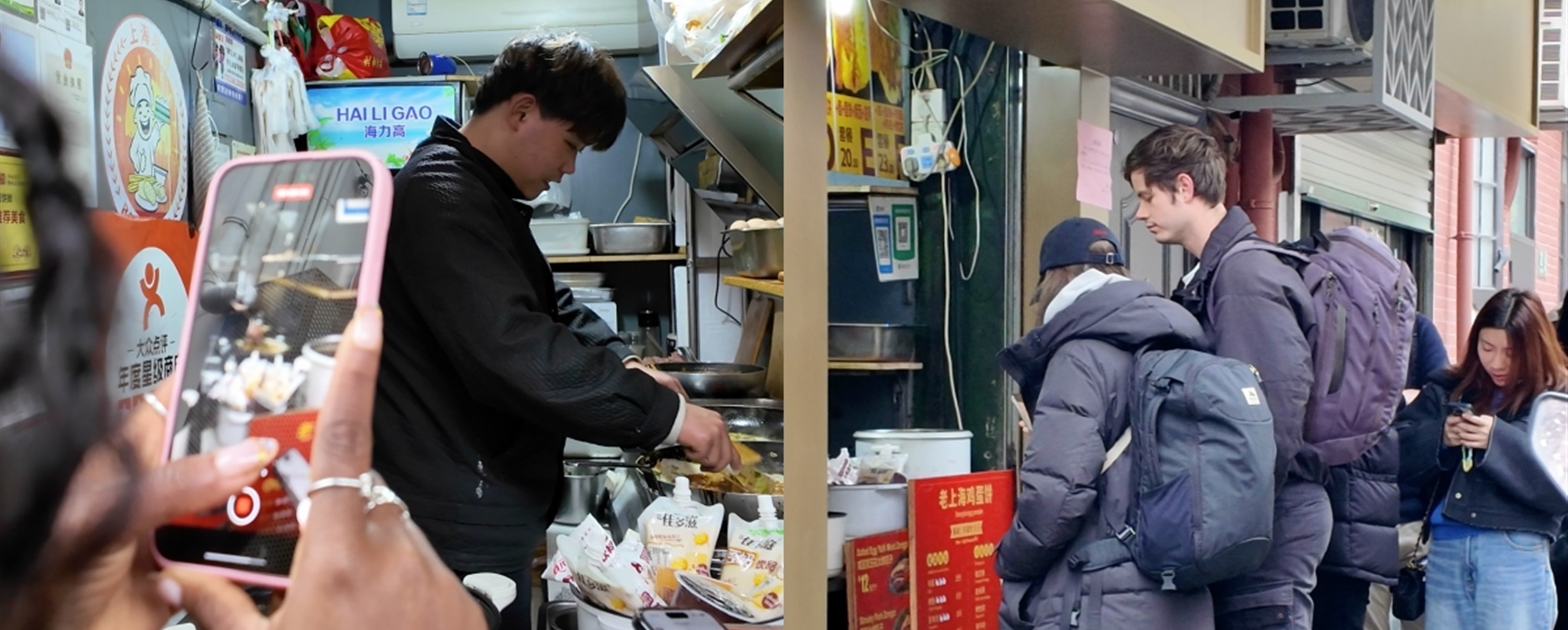
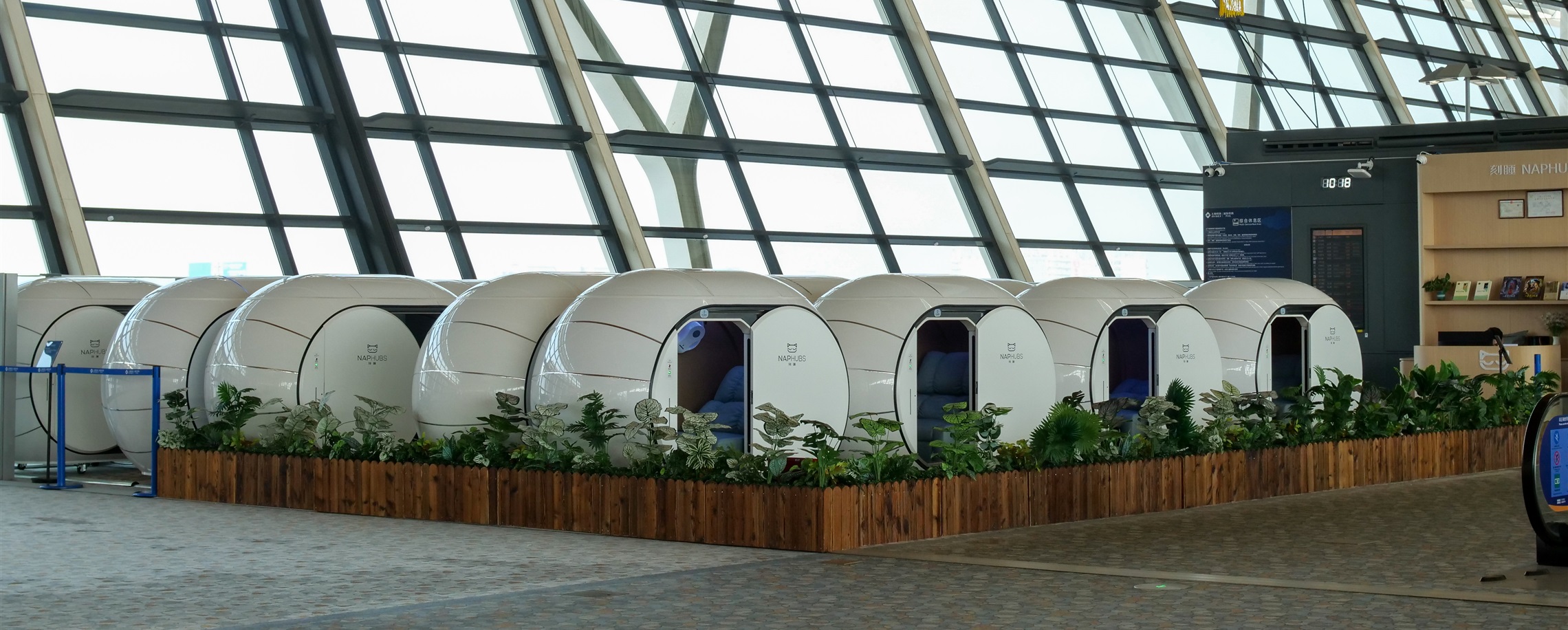
Popular Reads
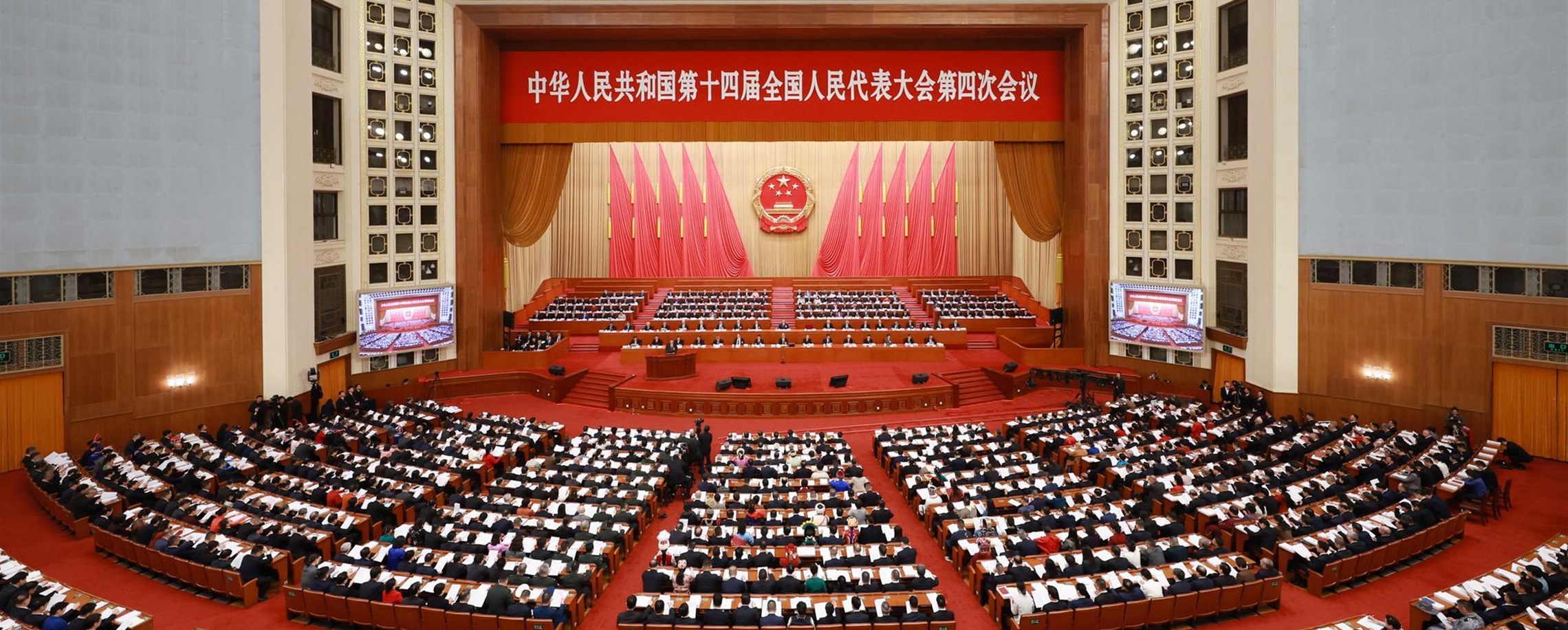
China Aims to Curb 'Involutionary' Competition, Promotes Paid Leave to Boost Consumption
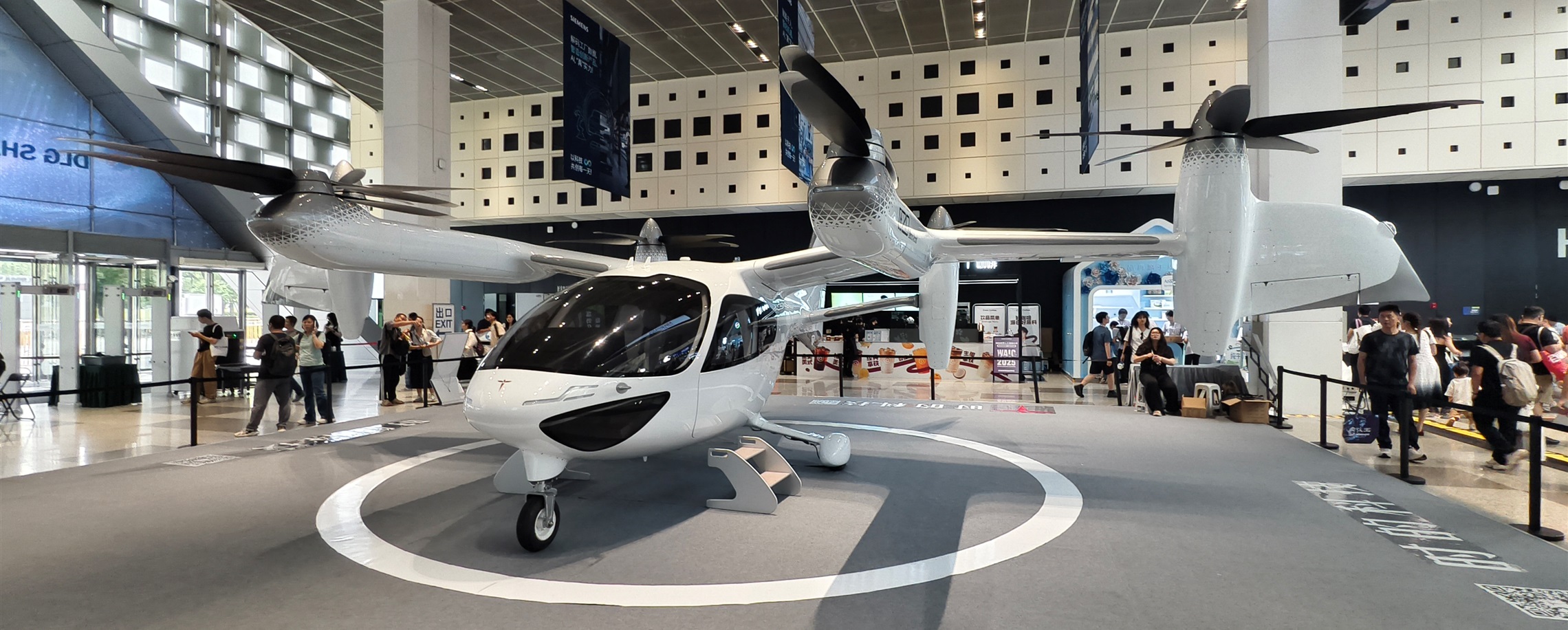
China's 15th Five-Year Plan Kicks Off with Shanghai's Focus on Future Industries
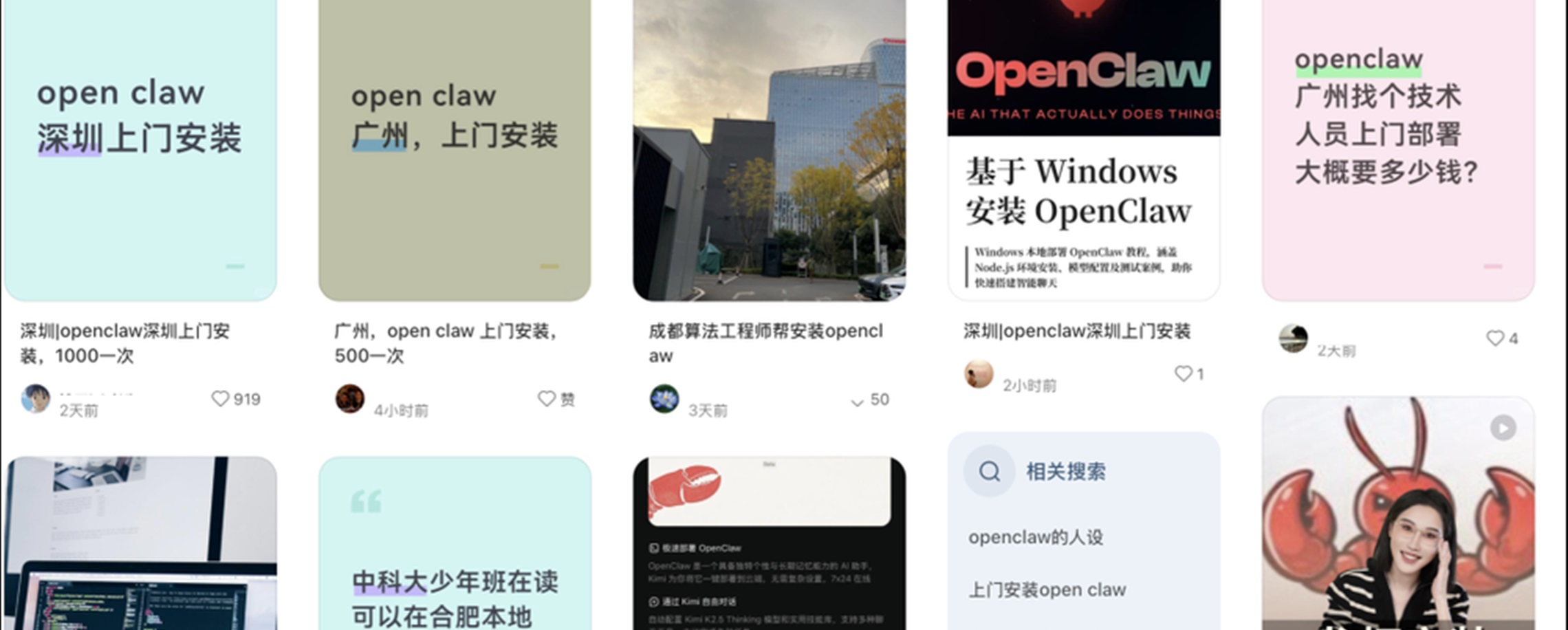
AI Agent Tool Goes Viral in China, Sparks US$36,000 Installation Boom Amid Security Warnings
